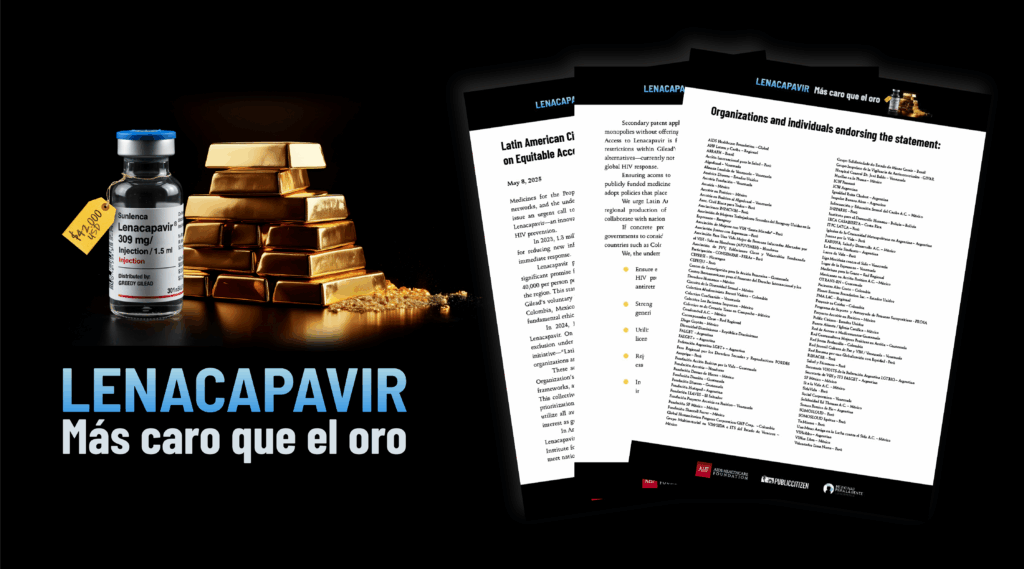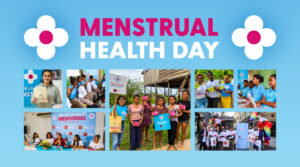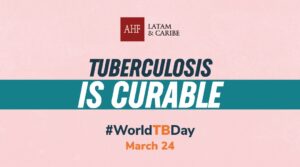More than 250 civil society organizations across Latin America have issued a joint statement demanding equitable access to Lenacapavir, one of the most promising advances in HIV prevention. This long-acting medication provides protection with a single injection every six months, representing a potential turning point in the global HIV response.
Despite its enormous potential, Lenacapavir remains inaccessible for most countries in the region. Its current commercial price exceeds $40,000 per person per year, while the estimated production cost is less than $100. This price gap creates a direct barrier for middle-income countries to incorporate this tool into their prevention and treatment programs.
Furthermore, Gilead’s voluntary license unjustifiably excludes several Latin American countries, including Brazil, Colombia, Mexico, and Peru—even though some of these countries participated actively in the drug’s clinical trials. This exclusion violates basic ethical principles of research and public health.
In 2024, civil society organizations in the region stepped up their advocacy efforts to bring attention to this situation. On December 1st, World AIDS Day, 113 organizations held an initial joint action under the slogan “Gilead in debt to Latin America.” Shortly after, on December 18th, 94 organizations and 13 social leaders submitted official requests to 22 governments in the region, calling for concrete measures to ensure access to the treatment.
The statement outlines several key proposals, including: using the legal flexibilities of the World Trade Organization’s TRIPS Agreement, including compulsory licensing; strengthening regulatory frameworks to enable registration and production of generic versions; promoting regional production of essential medicines; and rejecting secondary patents that only serve to extend monopolies without offering real therapeutic innovation.
As part of the campaign, a regional webinar was held with the participation of experts, activists, community leaders, and access-to-medicines policy specialists, where legal and policy strategies were discussed to help governments secure timely access to Lenacapavir in Latin America. The full webinar is available at:
👉 https://ahflatamycaribe.org/mascaroqueeloro/
For civil society, the Lenacapavir case reflects a broader structural problem: publicly funded medicines must be treated as global public goods, and access cannot depend on commercial interests or geography. The fight for equitable access to Lenacapavir is, at its core, a defense of the fundamental right to health for millions across Latin America.






